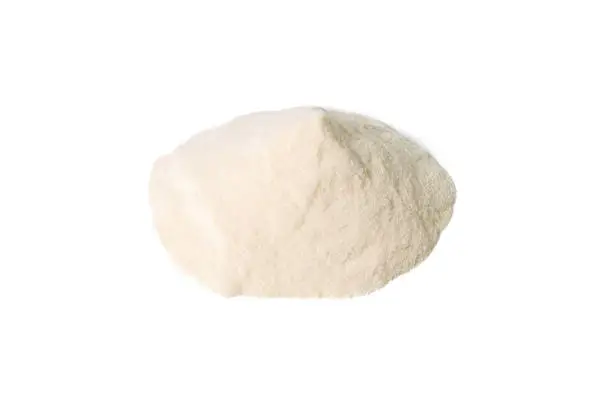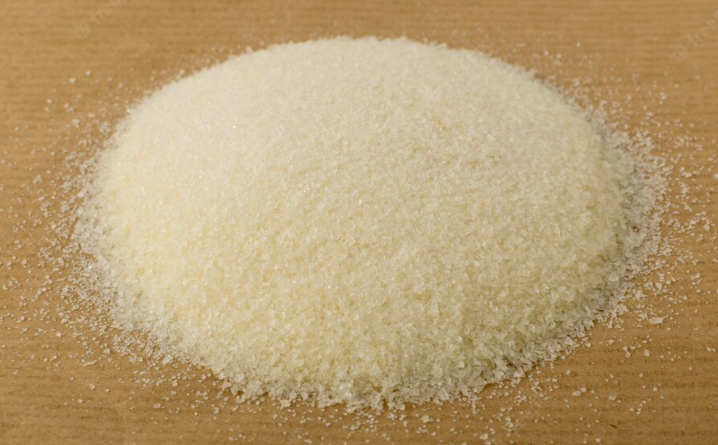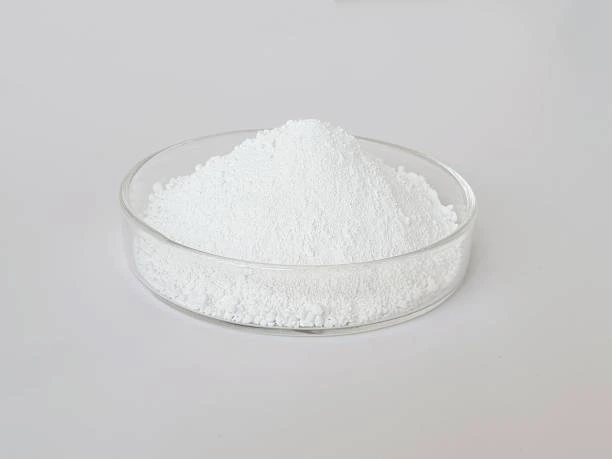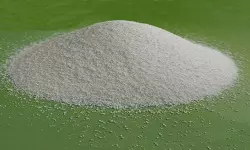Konjac Gum
|
IUPAC Name |
: (1S,2R,3R,4S,5S,6R)-2-[(2R,3R,4R,5R,6R)-3,4,5-Trihydroxy-6-(hydroxymethyl)oxan-2-yl]oxy-3,4,5,6-tetrahydroxycyclohexyl 2-O-(beta-D-glucopyranosyl)-beta-D-mannopyranoside |
|
Cas Number |
: 37220-17-0 |
|
HS Code |
: 1302.39.90 |
|
Formula |
: C26H43O22 |
Basic Information
|
Appearance Name |
: White or Cream-Coloured Powder |
|
Common Names |
: Konjac Flour, E425 |
|
Packaging |
: 25 kg Kraft Paper Bag/ Fibre Drum |





